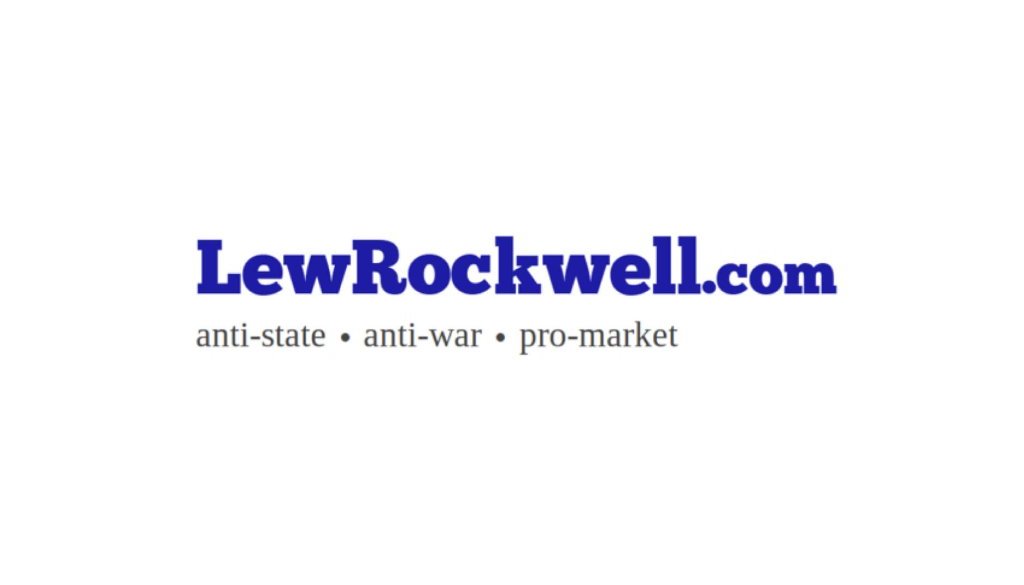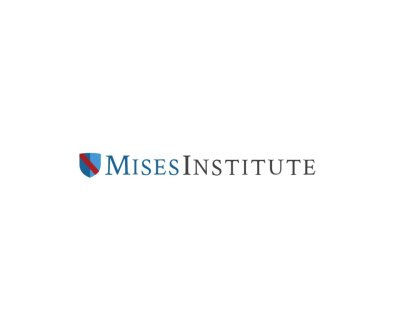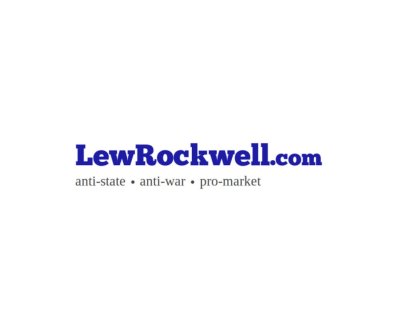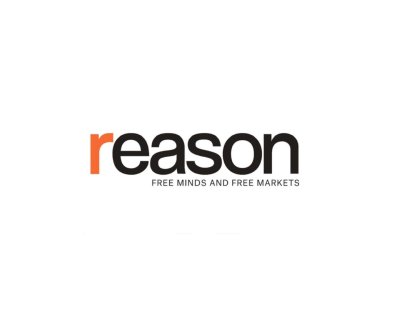Treasure Your Inheritance This Independence Day
Two hundred forty-nine years ago, a series of events culminated in America’s Declaration of Independence from Great Britain. On June 7, Richard Henry Lee of Virginia put forth a resolution for independence before the Second Continental Congress. On June 10, Congress postponed consideration of Lee’s resolution for three weeks as members struggled to build a consensus. Despite this uncertainty, more vocal proponents for independence persuaded Congress on June 11 to appoint a committee to draft a formal declaration.
That committee — consisting of John Adams, Benjamin Franklin, Thomas Jefferson, Roger Sherman, and Robert R. Livingston — worked from June 12 to June 27. Or, more accurately, Jefferson worked on the Declaration, while Franklin and Adams provided several meaningful edits. On June 28, a draft of the committee’s work was read in Congress. After much debate and cajoling among representatives, the colonies officially severed ties with Great Britain on July 2. (This is the date that John Adams believed would be celebrated as an American holiday.)
With additional revisions to Jefferson’s work, Congress unanimously approved the final wording of the Declaration of Independence on July 4 and ordered it printed. After the printing of about two hundred broadsides from John Dunlap’s Philadelphia print shop, The Pennsylvania Evening Post became the first newspaper to publish the Declaration on July 6. Finally, Colonel John Nixon is credited as having given the first public reading of the Declaration to a crowd on July 8 in the Pennsylvania State House Yard (now Independence Square).
In honor of that last event, park rangers from th
Article from LewRockwell

LewRockwell.com is a libertarian website that publishes articles, essays, and blog posts advocating for minimal government, free markets, and individual liberty. The site was founded by Lew Rockwell, an American libertarian political commentator, activist, and former congressional staffer. The website often features content that is critical of mainstream politics, state intervention, and foreign policy, among other topics. It is a platform frequently used to disseminate Austrian economics, a school of economic thought that is popular among some libertarians.




